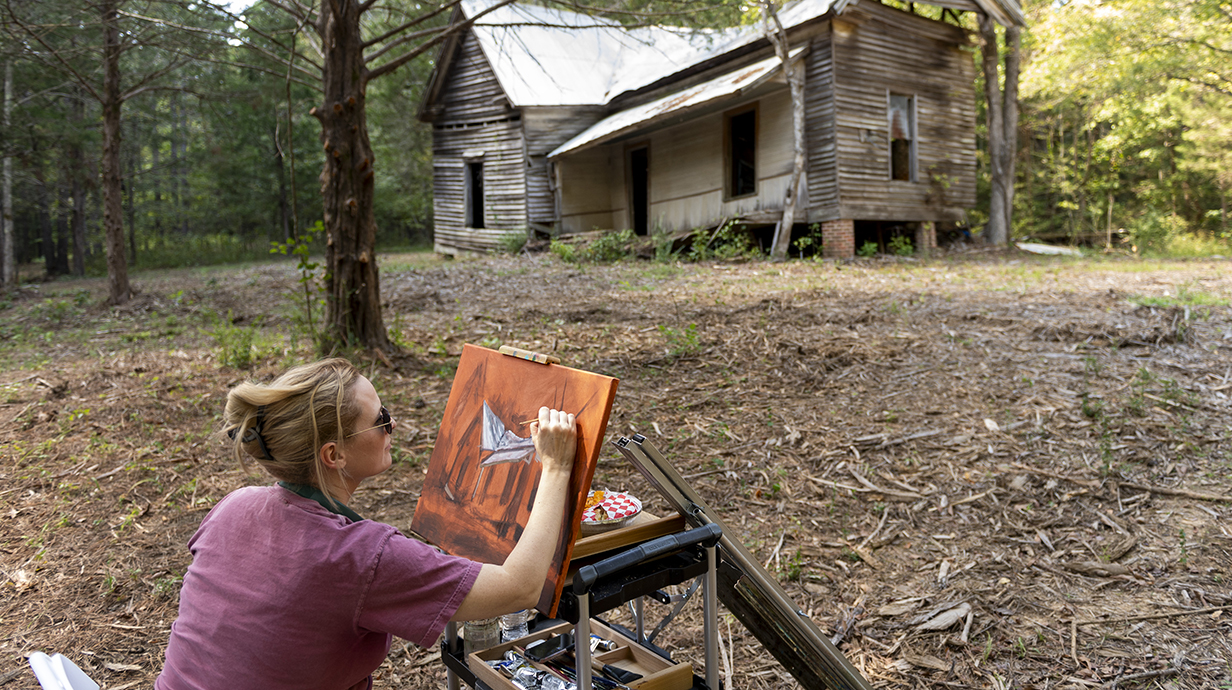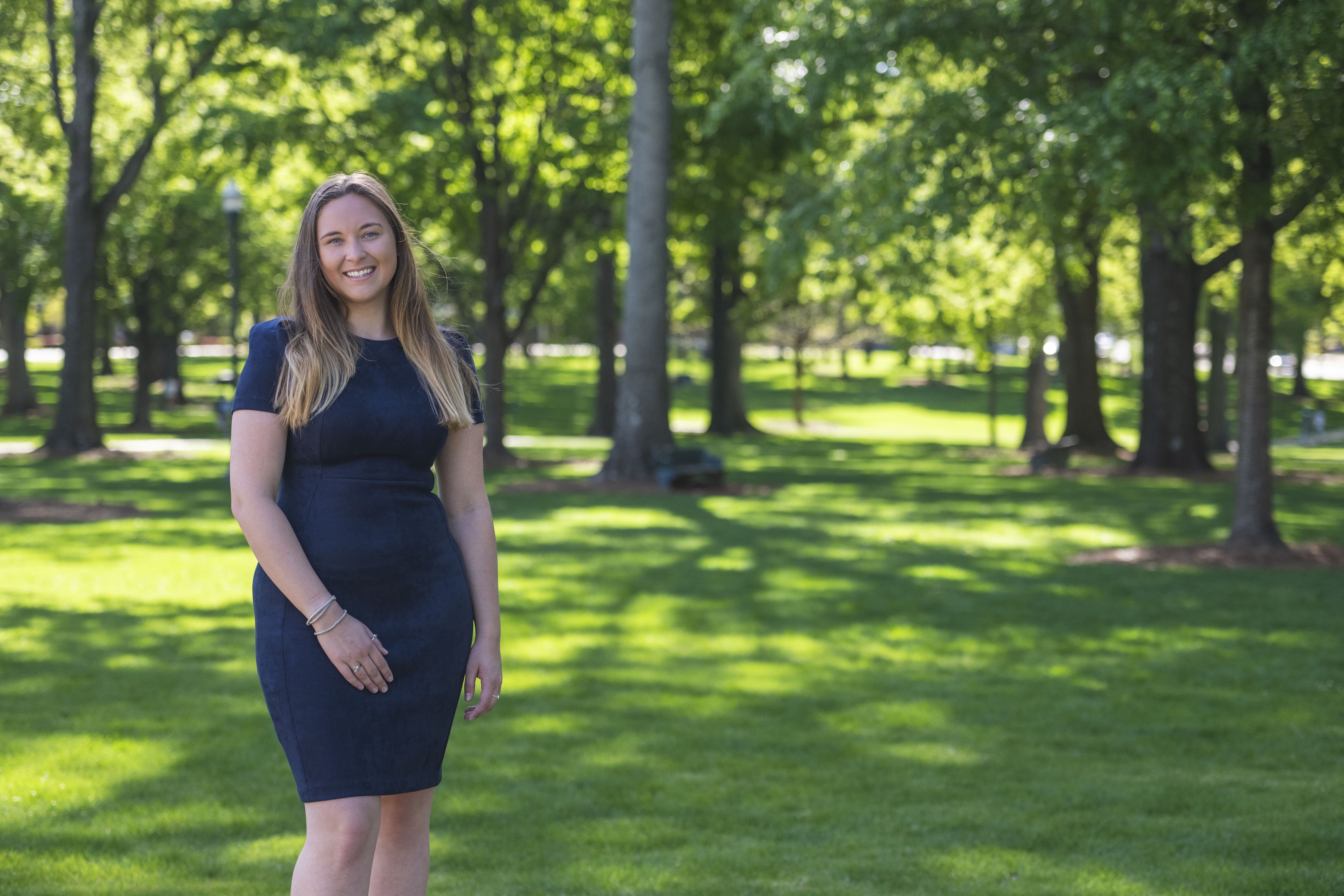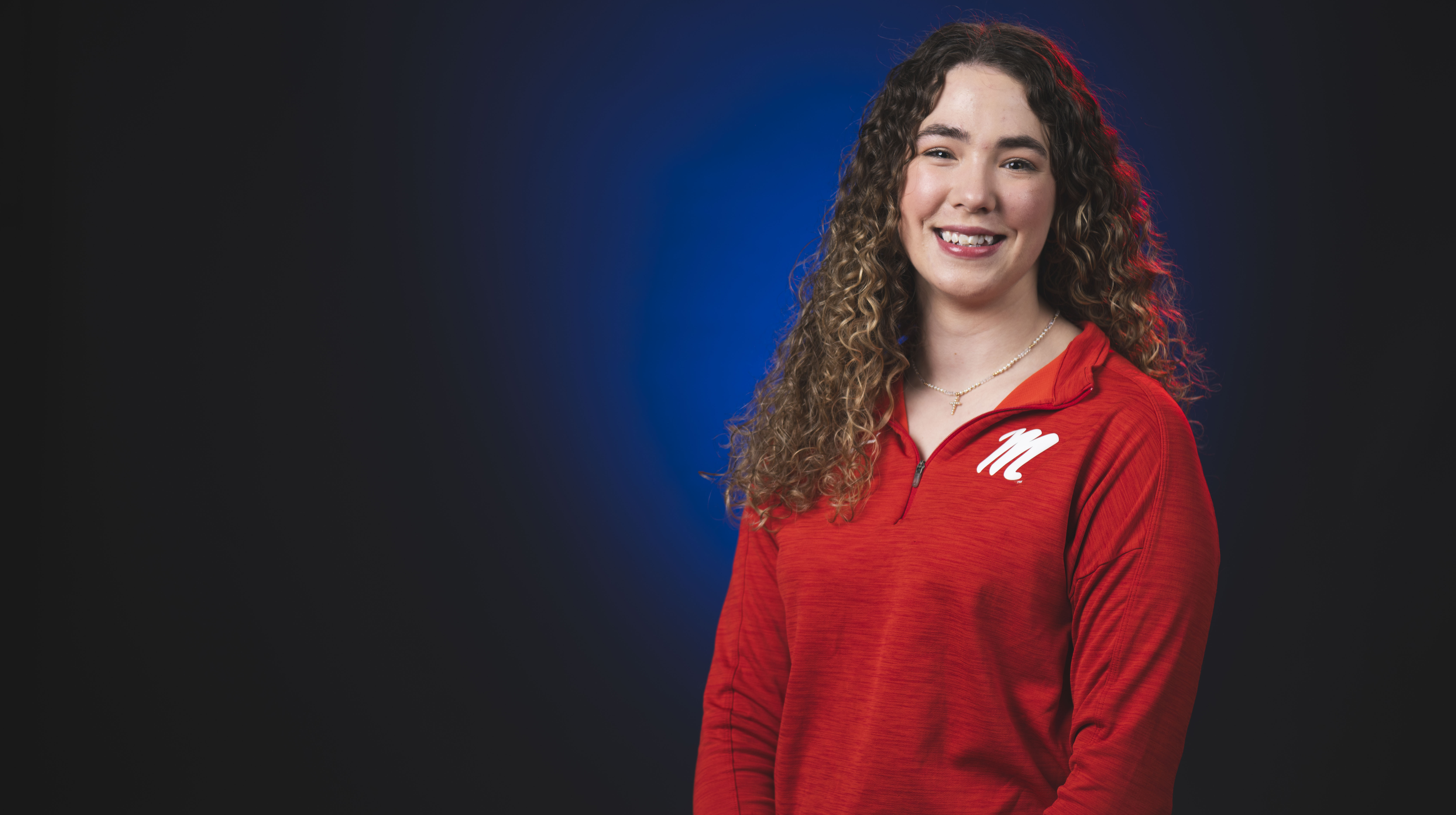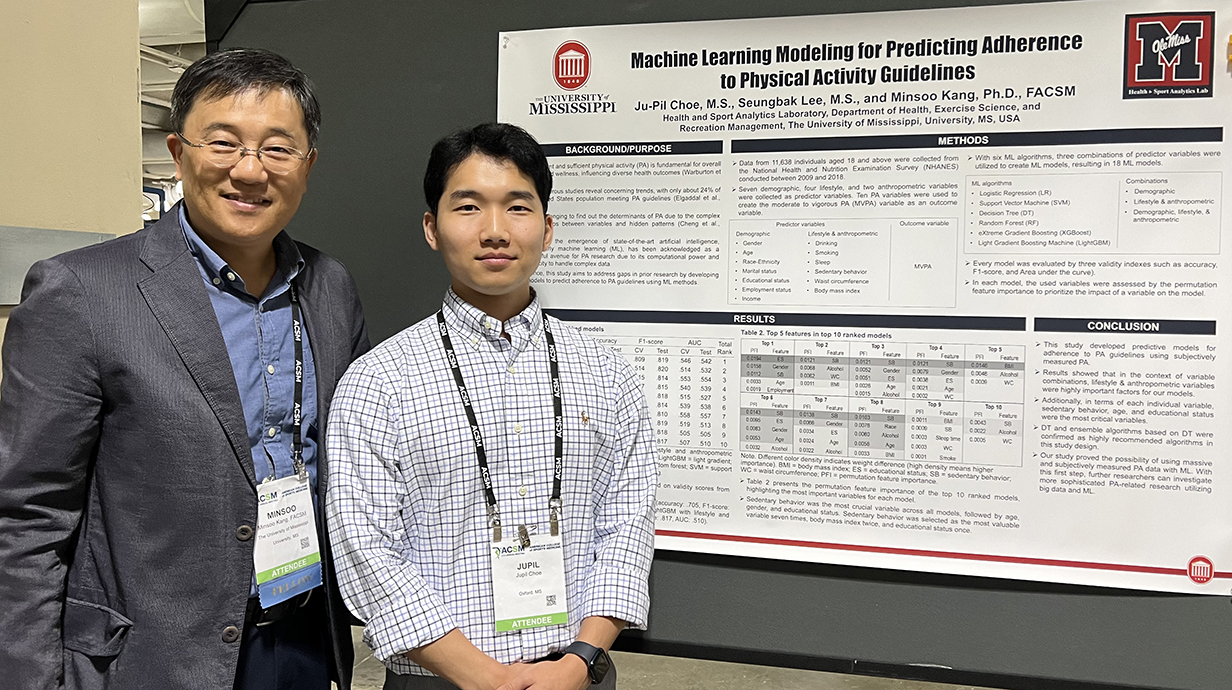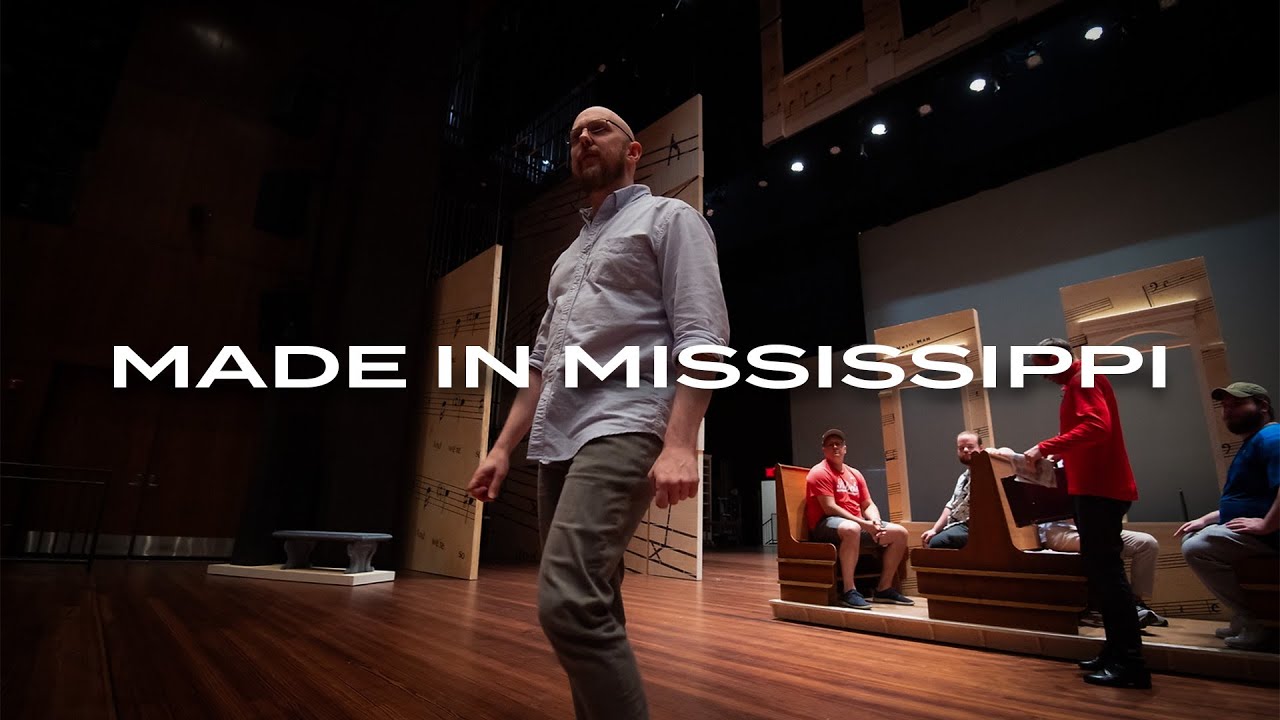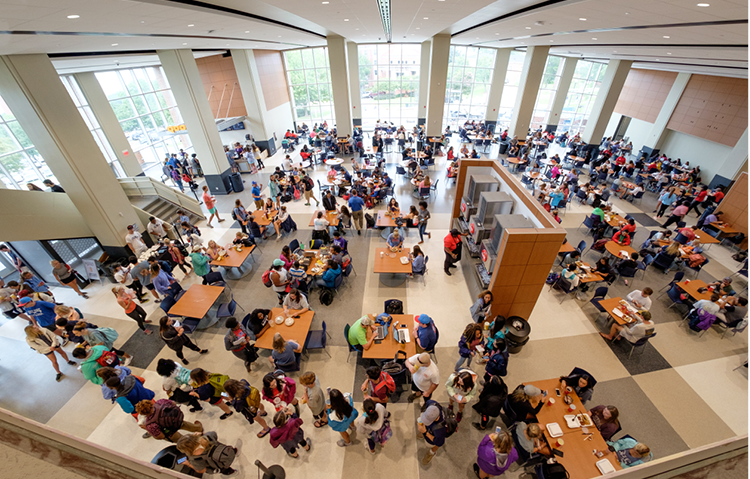Latest News

Community
Students Create Audio Tours for Rowan Oak Visitors
OXFORD, Miss. – Visitors to Rowan Oak, home of William Faulkner, can immerse themselves even more into the world of the Nobel Prize-winning author with a new series of audio tours, developed and recorded by students in a University of Mississippi exhibition design course.

